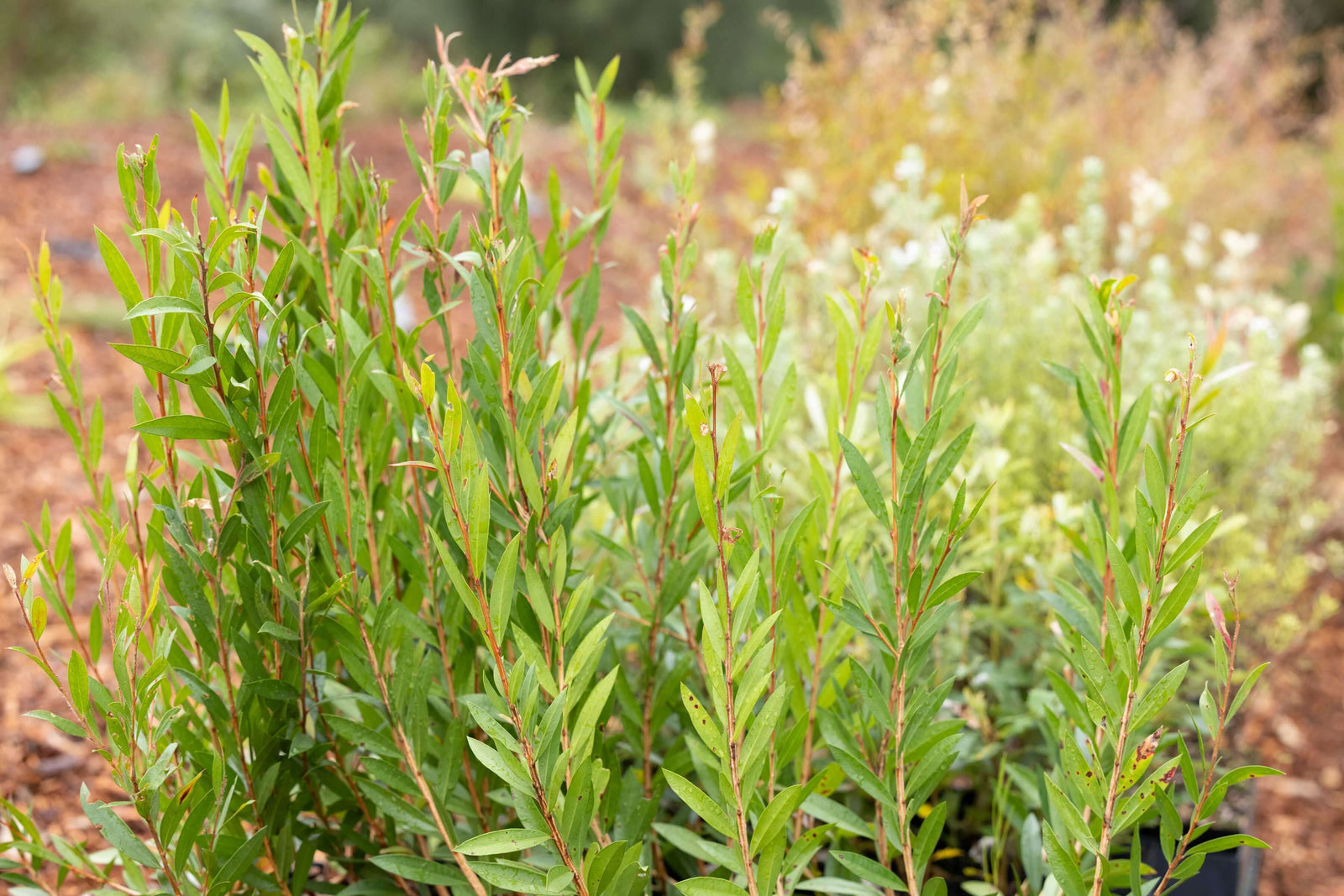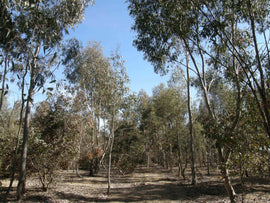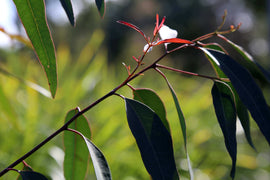With terms like ‘code red’ and ‘climate emergency’ being used to describe the outlook for our planet, it isn’t surprising that eco-anxiety is becoming more prevalent. For adults, handling climate news can be harrowing but as children become more aware of these issues, feelings of eco-anxiety are impacting them too.
While there is no doubt that there are many climate related challenges ahead of us, the changes we make now will have positive impacts into the future. Encouraging younger generations that they can make a difference can help instil these positive feelings.
With this in mind, we’ve identified 5 ways to talk to children about global warming and empower them to take climate action.
1. Knowledge Is Power
The first step is understanding what your children already know about the climate. Across Australia and at all levels of schooling, climate change is now a part of the curriculum. Combined with the topic’s presence on social media, it is likely that children are already conscious of the issue.
With the influence of Greta Thunberg and school aged children protesting globally against government inaction, younger generations are becoming more and more aware of the state of our climate and what it means for their future.
For children who want to understand more about how the climate is changing, you can arm them with facts to boost their knowledge around the subject.
2. Listen To How Climate Change Makes Them Feel
Conversations about our planet and climate can be stressful and as eco-anxiety becomes increasingly prevalent across all ages, but particularly within younger generations, we must make space for these feelings.
Dr Beth Hill, of Psychology for a Safe Climate told Greenfleet that, “broadly speaking eco-anxiety is a feeling of chronic fear of environmental doom. It is an issue of growing prevalence as we witness the impacts of climate change.” Dr Hill says, “developing the skills to hold these difficult emotions takes time and usually requires support from others.”
While we want to encourage hope and action, allowing children to reflect on these feelings is an important step in coming to terms with these issues.
3. Take Climate Action In Your Home
Voting is key in encouraging stronger climate policy, and while children can’t vote yet, there are other ways to make children feel empowered that they are making a difference.
Talking about reducing power consumption, increasing how plant-based your diet is, and utilising your vehicle less, are all easy and practical ways to reduce your impact. For the emissions you cannot avoid or reduce entirely, you can offset them through native reforestation with Greenfleet.
4. Get Outdoors & Connect With Nature
One of the most important ways we can express the need to protect our environment, is to make sure children feel connected to it. As many communities across Australia face continued restrictions in response to the COVID-19 pandemic, there are still ways to connect to nature, even in lockdown.
From forests to oceans, our natural environment is being protected and restored by taking climate action. Drawing these connections can help you and your family feel more connected to the need for environmental action.
5. Discuss Initiatives That Help The Planet
While there are initiatives associated with reducing our impact, there are also actions we can take that actively help the environment and health of our planet.
Planting native forests provides a wealth of environmental benefits like improving air and water quality, creating healthier soils, and building resilient ecosystems. Forests play a critical role in drawing down on carbon being held in the atmosphere and by doing so, our forests are actively fighting the impacts of climate change.
Since 1997, Greenfleet has planted 9.6 million native trees that will capture more than 3.5 million tonnes of carbon over their lifetime. This equates to taking about 814,000 vehicles off our road for an entire year.
We legally protect these forests for up to 100 years to ensure that they can continue providing benefits for generations to come.
The challenges we face in regard to climate change can seem overwhelming, but we must empower the next generation to know they can be a part of the solution. The changes we make now will create a difference into the future, and all generations can work together to achieve a greener, more sustainable outlook.
Together, we can grow our forests and grow climate hope.





